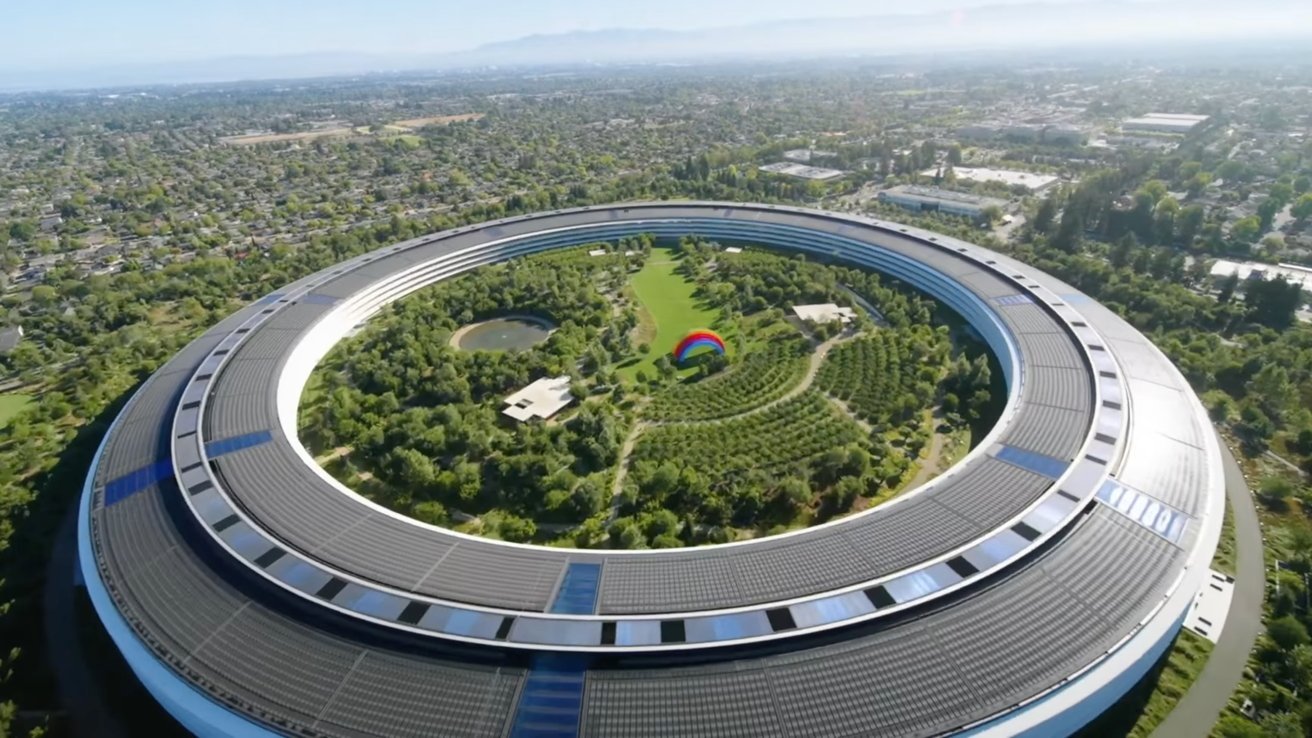Trump Announces Private-Sector $500 Billion AI Infrastructure Investment
U.S. President Donald Trump announced a private-sector investment of up to $500 billion to build artificial intelligence (AI) infrastructure across the United States. Dubbed “The Stargate Project,” this massive initiative is expected to accelerate America’s AI capabilities, create hundreds of thousands of jobs, and bolster national security. According to the announcement, key backers include OpenAI, […] The post Trump Announces Private-Sector $500 Billion AI Infrastructure Investment appeared first on Unite.AI.


U.S. President Donald Trump announced a private-sector investment of up to $500 billion to build artificial intelligence (AI) infrastructure across the United States. Dubbed “The Stargate Project,” this massive initiative is expected to accelerate America’s AI capabilities, create hundreds of thousands of jobs, and bolster national security.
According to the announcement, key backers include OpenAI, SoftBank, Oracle, and MGX, with SoftBank taking on financial responsibility and OpenAI overseeing operational execution. Masayoshi Son of SoftBank will chair the venture. Partner companies such as Arm, Microsoft, and NVIDIA will also provide critical technology, from semiconductor designs to cloud computing services.
Construction has already begun on large-scale data centers in Texas, and organizers are scouting additional sites nationwide. The project will deploy an initial $100 billion almost immediately, while the remaining funds will be spent over the next four years.
Strengthening U.S. Competitiveness
President Trump described the Stargate Project as a key step toward securing American leadership in AI innovation at a time when other nations, particularly China, are investing heavily in similar technologies. He stated that by building infrastructure on domestic soil, the United States will generate significant employment opportunities in construction, high-tech manufacturing, and data services, while also reducing reliance on foreign technology suppliers.
The emphasis on large-scale data centers reflects a broader strategy to keep pace with rapid advancements in AI research. With compute power becoming a primary driver of algorithmic breakthroughs, participants in the Stargate Project argue that this investment will nurture both the private and public sectors. They believe it will encourage an innovation ecosystem where small startups, large corporations, and government agencies can collaborate on next-generation AI systems.
Accelerating the Race Toward AGI
Supporters of the Stargate Project maintain that significantly boosting the nation’s compute infrastructure could accelerate progress toward Artificial General Intelligence (AGI). Whereas Artificial Narrow Intelligence (ANI) excels only at narrowly defined tasks, AGI refers to a machine’s ability to learn, understand, and apply knowledge across a broad spectrum of challenges, much like the human mind. Proponents argue that the benefits of AGI could revolutionize all industries with some examples including healthcare by identifying treatments for diseases previously deemed incurable, revolutionize energy by optimizing resource usage, and advance education by providing personalized learning at scale.
Yet the path to AGI raises pivotal questions about risks and responsibilities. One central concern is that bigger and more capable AI models can behave in ways their creators struggle to predict or control. The potential for an advanced system to reason autonomously increases both its power to benefit society and its capacity to cause harm if left unregulated or manipulated. Critics including Max Tegmark assert that simply scaling up data centers and compute capacity without instituting robust safety frameworks could lead to unanticipated ethical, social, and economic consequences.
Controversy Over Funding
Shortly after OpenAI publicized the Stargate Project on social media, entrepreneur Elon Musk cast doubt on the investment’s scope, claiming that SoftBank and its co-investors might lack the resources to fulfill the promised $500 billion. While representatives from Stargate rebuffed Musk’s statements as unfounded, the exchange highlighted the skepticism that can arise when colossal sums of money and multiple corporate stakeholders converge on a single vision. Despite the debate, construction crews have already broken ground in Texas, and supporters remain steadfast in asserting that the ambitious funding targets can be met over the next four years.
Beyond the financial questions, some observers worry that the White House’s rollback of regulations from the previous administration might create a more permissive environment for AI development, potentially fast-tracking infrastructure at the expense of thorough oversight. Government officials and industry leaders are now grappling with how to encourage rapid progress while ensuring that new AI systems remain transparent, safe, and beneficial to the public.
Potential Impact and Next Steps
In the eyes of many, the Stargate Project represents a fusion of economic stimulus and technological ambition. Advocates are confident that ramping up AI infrastructure will ignite productivity gains and job growth while keeping America competitive in a global technology race. Critics, however, warn that such a large, centralized initiative could tighten corporate control over AI’s evolution, with only a handful of powerful entities defining how the technology is developed and deployed.
The worry over centralization extends to the question of how AGI, if eventually achieved, might be governed. If the technology resides in the hands of a few corporations and government agencies, the direction and societal impact of next-generation AI might be shaped by those whose motivations are primarily profit-driven or politically expedient. Skeptics point to historical examples where monopolies or concentrated power stifled broader social gains. They argue that an unregulated approach to AGI could exacerbate economic inequality, erode digital privacy, and place decisions critical to society’s welfare in the hands of systems few genuinely understand.
Responsible AI advocates therefore call for clear regulatory guidelines, ethics boards, and oversight committees to be established in tandem with infrastructural expansion. They stress that safety testing and transparent auditing of advanced systems should be prioritized over speed. The question remains whether the administration and its private partners will commit to systematic safeguards or push forward unchecked in their race to lead the AI world.
Conclusion
The Stargate Project’s promise of a $500 billion infusion into AI infrastructure has triggered both excitement and caution. On one hand, it could supercharge the development of AI applications, fast-track progress toward AGI, and create hundreds of thousands of jobs. On the other, the project raises concerns about equitable access to AI technology, the responsible management of increasingly powerful systems, and the risks associated with concentrating AI development in a small cluster of corporate and governmental entities. As construction accelerates and the funding debates play out, the Stargate Project may well become a test case for how societies manage the delicate balance between innovation, oversight, and ethical stewardship in the age of advanced AI.
The post Trump Announces Private-Sector $500 Billion AI Infrastructure Investment appeared first on Unite.AI.
What's Your Reaction?



























